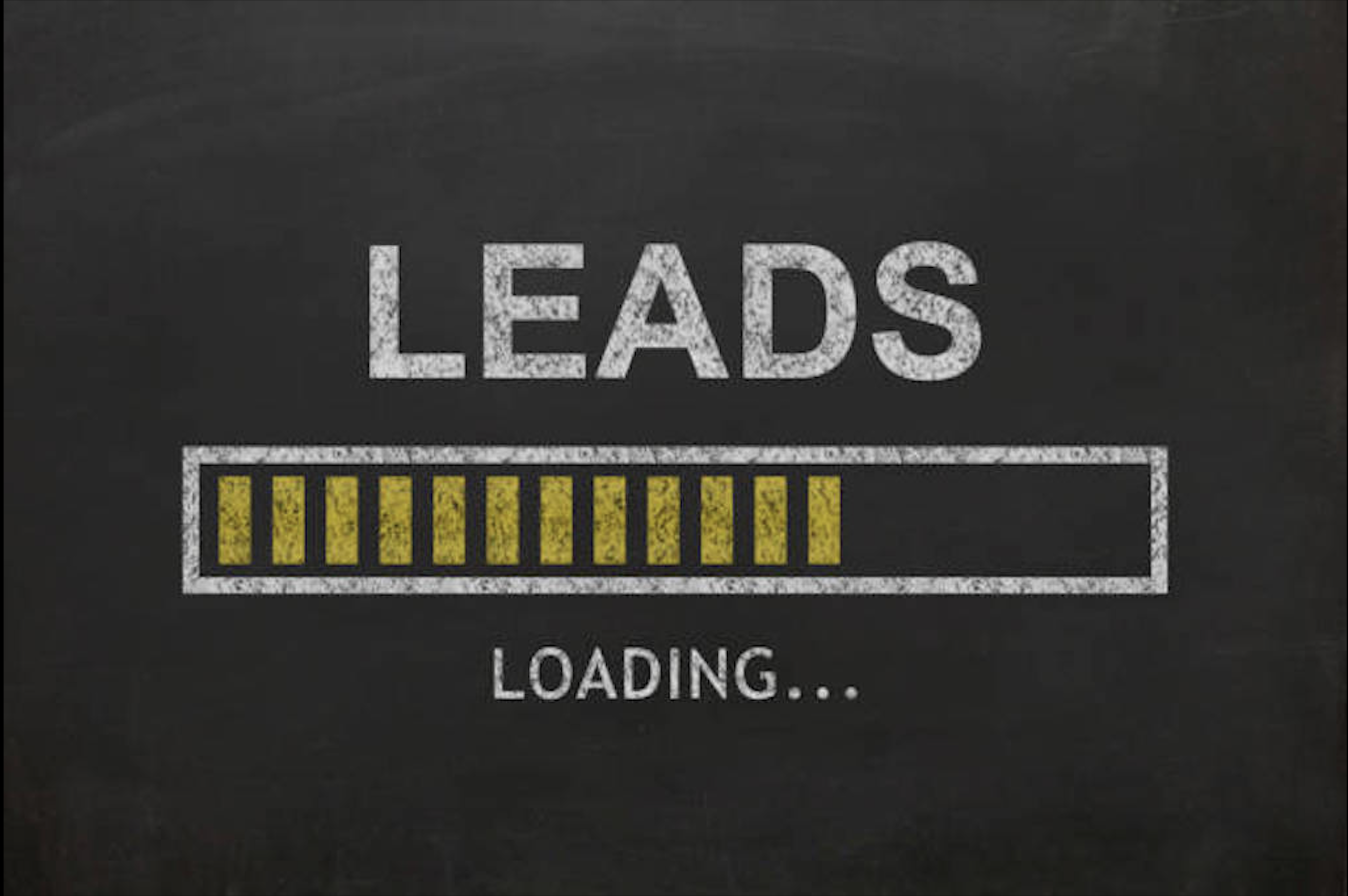In the early 90s, the internet’s first eCommerce venture was created. It has been more than 30 years since the internet’s exponential growth. Digital commerce allows you to reach large numbers worldwide in shorter times and at lower costs. No more, you could share flyers and TV placements, and marketers have easy access to the internet and a cell telephone.
There are many options for digital interactions. These options are growing rapidly, and customers are bombarded daily with new offers. Digital marketing campaigns must be focused on lead generation to ensure success in the B2B space. Businesses can reach potential customers and guide them on the buyer journey, from awareness through purchase.
The digital era has revolutionized how we do business. Marketers must adapt to their prospects’ needs by creating a well-oiled engine for digital marketing leads.
This allows us to further talk about what is lead and what is lead generation in digital marketing.
What Is A Lead?
A “lead” is someone who has expressed interest in your company.
Potential customers may reach out via email, phone, or social media.
Signing up to receive a trial offer, call, or offer is one way for customers to learn more about your company.
Direct response lead generation has moved on from the traditional and predictable cold-calling methods.
Let’s suppose you take part in a survey about the brand you love. They will give you a coupon for local shops.
For the discounted offers, they will ask for your contact data. They may want to maintain contact with you or sell their products.
You’ve provided your personal information to the company for a discount coupon.
You should now be more comfortable starting a conversation.
The company collects the information you give us in return for our promotional coupon. This information allows us to send targeted marketing communications that are more meaningful and relevant to you, our potential customer.
This will reduce wastage and ensure prospects don’t waste time looking for your service.
Why Do You Need Leads?
Business leads can be very valuable because they will allow you to get to know your potential customers better, their needs better, and when they’re most open to hearing from you.
Lead generation is an opportunity for businesses to connect with qualified prospects who might be interested in their products or services.
This permits marketers, other professionals, and others to communicate effectively with those who seek information on particular topics or express interest in your product/service.
What is Lead Generation in Digital Marketing?
Lead generation refers to identifying and attracting online users, then converting them into prospects. This strategy utilizes online channels, strategies such as email campaigns, paid ads on social networks, or offering downloadable material through landing pages.
How to Generate Leads in Digital Marketing?
Each buyer journey stage corresponds with marketing and lead generation, which includes generating traffic, converting leads to leads, and finally, converting leads to customers. 69% said that their top priority was to convert leads to customers. 61% stated that SEO and organic presence were their top priorities in marketing.
A marketing lead generator software is readily available. Many people still struggle to generate leads. According to data, 88% of consumers conduct research before purchasing. Marketers are responsible for creating a digital strategy that provides value to buyers by generating qualified leads.
-
Leverage Content Marketing to Establish Connection
This should always be the first step in your lead generation strategy. Demand Gen Report’s survey showed that 96% (B2B buyers) want more industry-focused information, and only 47% of them have seen at least three pieces of content before speaking with a sales rep.
Garner leads by becoming an expert on the topic or issues your product solves. Regular blogs, news, and tips about your industry are possible. You can also create detailed guides that visitors can download from your site. This will allow you to gather data about visitors who downloaded your guides and enroll them in the lead nurturing program. If you share information about your product, it can keep them engaged and even make them customers.
Any content you create can be promoted using online marketing techniques, such as email, social networking, and SEO. If your content doesn’t get found, it is useless. FormStack’s survey has shown that organic searches are a great source of quality leads. Also, search engines can be a great way to optimize your content.
-
Produce Gated Content Pieces and Promote Them
By creating gated content, you can attract qualified leads. Gated content has a direct connection to your prospect’s business goals. This content can be made using white papers or eBooks. Make sure the title is compelling and explains to prospects what they will receive when downloading your content. Prospects who would like to access the content should complete the lead capture forms. It’s highly effective, as it makes a positive impression on prospects who download the content. This also increases your brand reputation. This will result in high-quality leads interested in your product/services.
-
Host Events
An event can be a good way for you to connect with your target audience and create lasting relationships. Hosting a workshop, webinar, or conference to meet your ideal customer can help you capture their contact details and allow them to register for the event. Ensure that you listen to all objections and questions during the event. To guide your customers through your sales funnel, you’ll be able to get to know your audience.
-
Optimize Your Site for Local SEO
Local SEO can help you reach your customers and make it easier for them to find you when it is needed. Mobile remains the dominant market. Local SEO is a great way to bring in more customers. Your NAP is the first. Address. Your website and listings, such as Yelp, will show the same address and phone number. Facebook. Google My Business. Ask satisfied customers to write reviews about their experience with you. Your chances of being found by qualified prospects will be increased if you ask for third-party feedback. Your website title tag must include the primary keyword you are trying to rank for and your state (e.g., Colorado overnight fishing). After some time, it is possible to test your website using search terms.
-
Email Marketing Integration
Email marketing, even though it’s one of the oldest methods, can still prove to be very effective in reaching prospects and upselling existing customers. It is crucial to customize your email marketing strategy to reach specific customer base segments. Marketing automation is becoming a more popular tool for marketers to send a highly targeted email to leads. It is possible to set up a workflow, so that leads receive the targeted content they want. This could include follow-up emails with great content and CTAs that allow them to subscribe.
Once you know more about each lead, your messaging can be adjusted, and they will move up the funnel. Forrester Research shows that nurturing leads is a better way to get qualified prospects, and it also costs 33 percent less. Marketers have used the internet for information gathering about website visitors. Then, they can combine this to create behavioral triggers that enable them to be smarter about how they manage their inboxes.
Although we can all share some lead generation strategies, you should never stop learning new ones. This will allow you to understand digital marketing campaigns and plan your return on investment.
Digital Marketing for Nurturing Leads
Lead nurturing is the art of creating a personal experience for your leads throughout their journey. This should not be about getting them to buy.
This can be done by blogging to make yourself known as an expert or using social marketing to keep people involved.
Digital is an effective tool that allows customers to be monitored. This data can then be used to identify customers’ needs and help you target them.
Marketers can also use digital tools to analyze and understand their customer’s behavior, which helps them better serve their customers.
All it comes down to customer interaction. This will enable you to make it easy for prospects to move on to the next step.
What Are the Different Types of Leads?
All leads are not created equal. Different types of leads can manifest differently in your business, and it is important to have a strategy that addresses each type.
-
Marketing Qualified Leads
Marketing qualified leads are contacts who have engaged with your marketing resources but are not yet ready to make a sale call. Qualified digital Marketing Leads are a contact who has filled out a form on your landing pages to get a 10% discount and a 30-day free trial.
-
Sales Qualified Leads
Contacts who have taken the necessary steps to become qualified leads for sales are those who have acted. This refers to users who are more likely to become paying customers for your company. An example of a Sales Qualified Lead would be someone who fills out a form through your website asking questions about your products or services.
-
Service Qualified Leads
These are qualified leads who are either customers or contacts that expressed interest in becoming customers. An example of this would be a prospect telling a customer service representative that they wish to upgrade their current subscription. The customer service representative then connects the prospect with an appropriate account manager or sales team representative.
-
Product Qualified Leads
Product Qualified Leads are contacts who have experienced your product(s) and shown a strong interest in becoming paying customers. These leads are available to companies who offer an experience or digital trial of their product. These include a 14 days trial of your software or a VIP pass that allows you to access your discount area for 10 consecutive days. A Product Qualified Lead could be a customer that has received your free product and is interested in the additional features only available after payment.
Takeaway Message
What exactly is the lead generation within the digital marketing industry?
Lead Generation should not be less than half of your marketing budget. A plan is the best strategy to ensure high returns.
Digital marketing lead generation is not a one-off effort, and you can make lead generation a part of your core company to provide more customer-friendly services.
Although it can be difficult to keep up with current trends and developments in lead generation, it will allow your business to grow and help you develop your career.
FAQ
How do you explain lead generation?
Lead generation is the process of attracting and converting potential customers into someone who has shown an interest in your company’s product or service.
Which are the 4 steps of the lead generation process?
Identification: Identify your target audience.
Attraction: Attract the attention of potential leads.
Conversion: Convert visitors into leads.
Retention: Retain and nurture leads for future conversion.
What is the marketing process of lead generation?
The marketing process of lead generation involves creating awareness about your brand, attracting potential customers through various channels, engaging them with valuable content, and converting them into leads through forms, sign-ups, or other methods. The final step is nurturing these leads to become customers.


